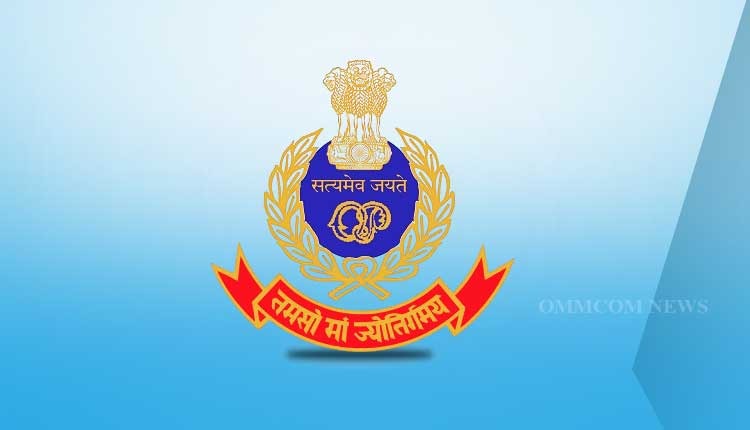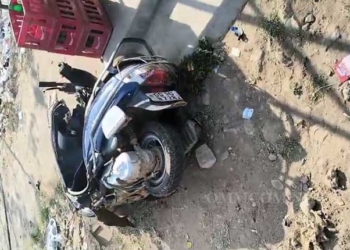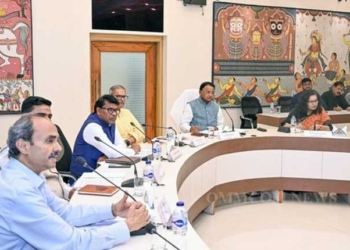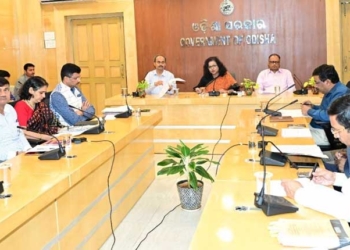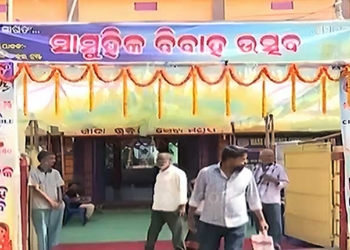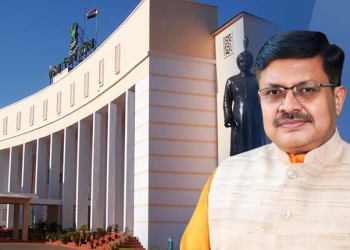Bhubaneswar: As the Puri Rath Yatra draws thousands of devotees and tourists, cyber criminals are exploiting the festive rush by creating fake hotel websites to scam unsuspecting visitors. These fraudulent sites, designed to mimic the appearance, branding, and even URLs of legitimate hotel websites, are luring tourists with attractive discounts on online bookings, only to disappear after collecting full payments via UPI, digital wallets, or bank transfers.
According to a press release issued by the Criminal Investigation Department (CID) of the Odisha Police Crime Branch on Monday, these fake websites are crafted with such precision that distinguishing them from genuine ones is challenging. Victims, often in urgent need of accommodation, are deceived into making advance payments, only to receive fake booking confirmations. Many of these fraudulent websites are manipulated to appear at the top of Google search results, increasing their reach.
The Social Media Team of the Cyber Crime Unit, CID, has been proactive in its response. Through daily surveillance, the team identified 23 fake hotel websites, of which 15 have already been blocked, with action underway for the remaining eight. The Crime Branch remains on high alert, drawing from past experiences where similar scams surged during the Rath Yatra.
To protect tourists, the Odisha Police have issued an advisory urging the public to book hotels through trusted platforms, such as MakeMyTrip, Goibibo, or official tourism websites. They recommend verifying hotel contact details and locations via Google Maps and confirming bookings directly with the hotel.
The advisory also cautions against making full advance payments and advises using secure payment gateways instead of UPI or digital wallets. Tourists are encouraged to ensure they receive legitimate SMS or email confirmations with a booking ID and to check recent reviews before booking.
The police have also advised heightened caution for deals that seem too good to be true and urged the public to report suspicious websites or listings to the Cyber Helpline at 1930.




